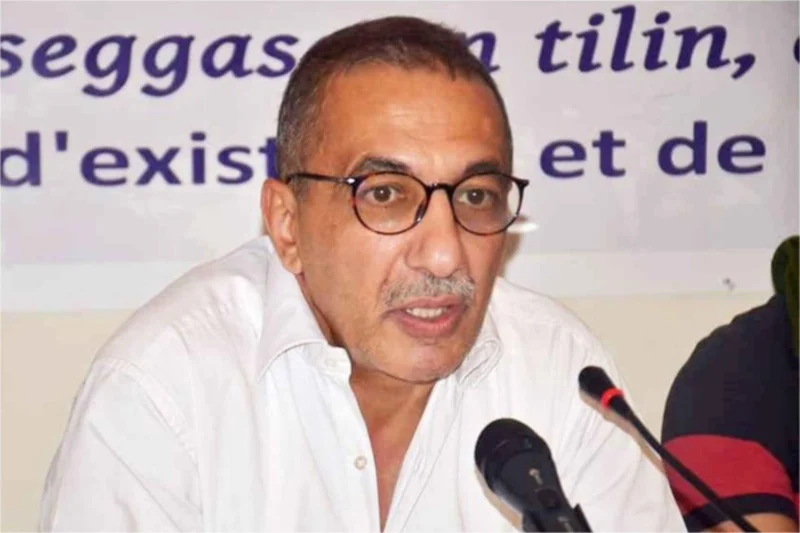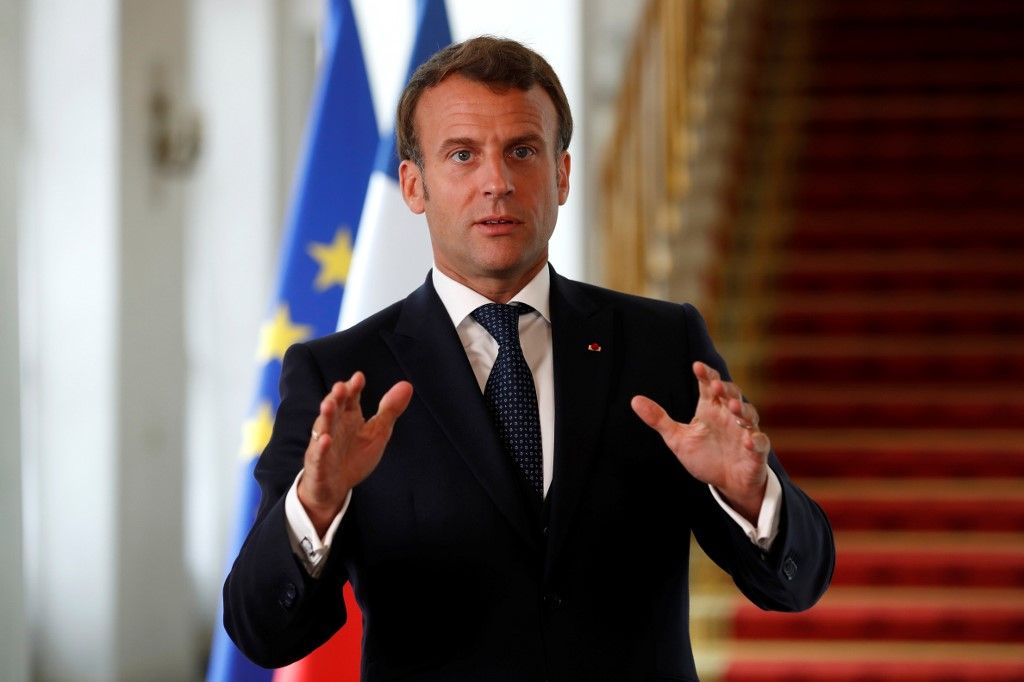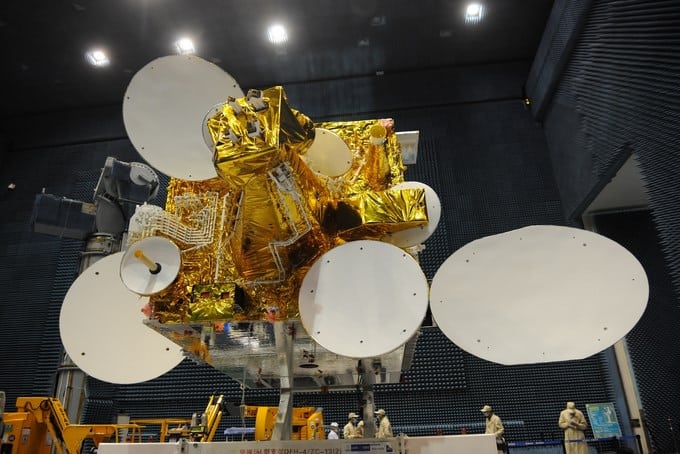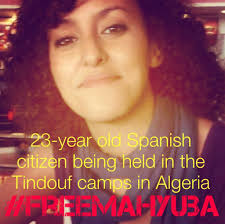A court in Algeria on Sunday sentenced Ihsane El-Kadi, a prominent journalist in the country, to five years in prison, accusing him of receiving foreign funds with an aim to threaten state security.
In addition, the court ruled that Interface Media, which operates the news website Maghreb Emergent and Radio M station, be dissolved and pay a fine of $40,000.
On Sunday, the sixty-year-old journalist listened to the ruling of the judge in the Sidi M’Hamed court without any reaction.
During a court session on March 26, El-Kadi had asked the judge not to attend the pronouncing of the conviction, saying he knows the ruling in advance.
The journalist also refused to answer the court’s questions saying that the conditions for a free trial have not been met and that the investigative judge’s decision to place him in pre-trial detention is “illegal.”
Journalists from Interface attended the court hearing on Sunday and they had assumed the verdict to be harsh.
El-Kadi’s lawyers said they are going to appeal the judgment within the required timeframe.
Ihsan had strongly protested being described as “khabardji” (an informant) by the country’s President Abdelmadjid Tebboune during a television interview last February. His lawyers considered Tebboune’s comments as directed to the judges, saying that the journalist’s indictment did not include the charge of “espionage.”
Article 95 stipulates a sentence of five to seven years in prison for anyone who “receives funds, a gift or an advantage, by any means, from a state, an institution or any other public or private body or from any legal or naturalized person, inside or outside the country, to carry out or incite to carry out acts likely to undermine state security.”
El-Kadi’s defense team had dismissed the foreign funding charges.
They said the only foreign transfer to El-Kadi’s company had been from his daughter who lives in the United Kingdom and who had transferred 30,000 British pounds to the company to pay the salaries of employees.
The arrest of El Kadi and the sealing of the headquarters of Interface Médias sparked a wave of solidarity among his colleagues and human rights activists in Algeria and abroad. A petition launched by the organization Reporters Without Borders to obtain his release has collected more than 10,000 signatures.
Recently, three United Nations special rapporteurs on human rights issues expressed their concern about violations of the right to freedom of the press and expression, as well as to a fair trial in Algeria.
In correspondence addressed to the Algerian authorities, the Special Rapporteur on the promotion and protection of the right to freedom of opinion and expression, the Special Rapporteur on the rights to freedom of peaceful assembly and of association and the Special Rapporteur on the promotion and protection of human rights and fundamental freedoms in the fight against terrorism drew attention to the trial of journalist Ihsane El Kadi.
They expressed concern about the violation of fair trial standards during the arrest and detention of El Kadi, including his right of access to a lawyer and his right to be informed of the charges against him and of the reasons for his arrest.
“We are also concerned about the ambiguous legal basis for the charges against El Kadi and the police search of the two independent media outlets, and that the legal action appears to be linked to their journalistic activities,” the rapporteurs added.
UN experts also said they were “alarmed” by the de facto silencing of a critical journalist and the raid of two independent media outlets which have a negative impact on press freedom in Algeria.
In addition, the rapporteurs expressed their particular concern regarding “the wider significance and negative implications of the situation of El Kadi, “Radio M” and “Maghreb Emergent” for freedom of expression and freedom of the media in Algeria”, deploring among other things the “chilling effect” they can have on individuals, including journalists, media workers and human rights defenders, who wish to express themselves , demonstrate peacefully and participate in public and political life in Algeria.
According to human rights organizations, some 300 prisoners of conscience languish, some for more than three years and without trial, in Algerian jails.



